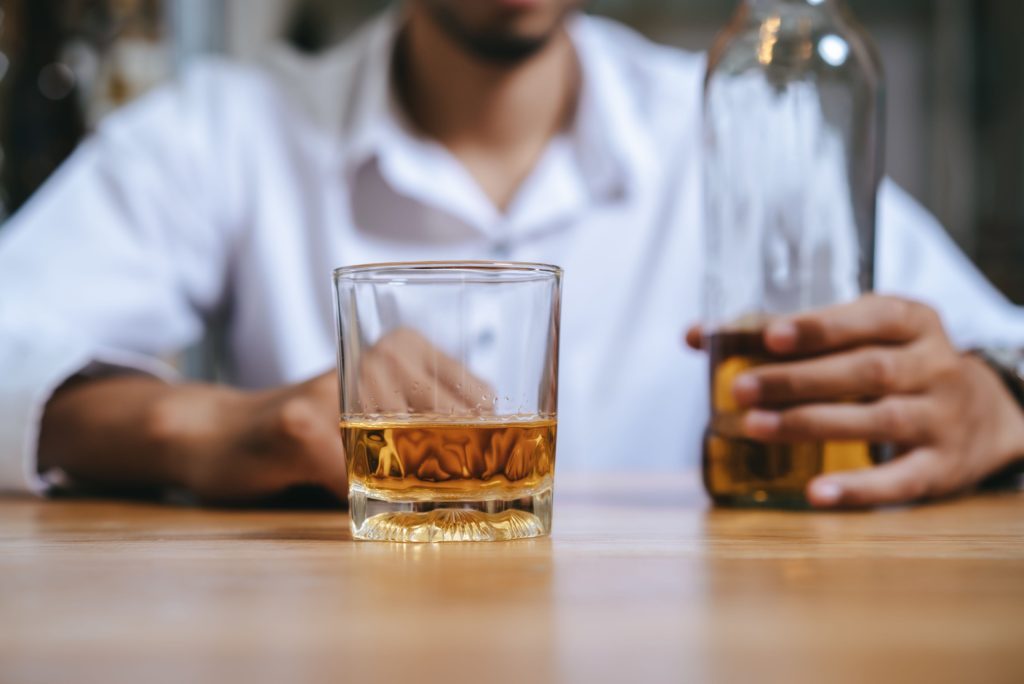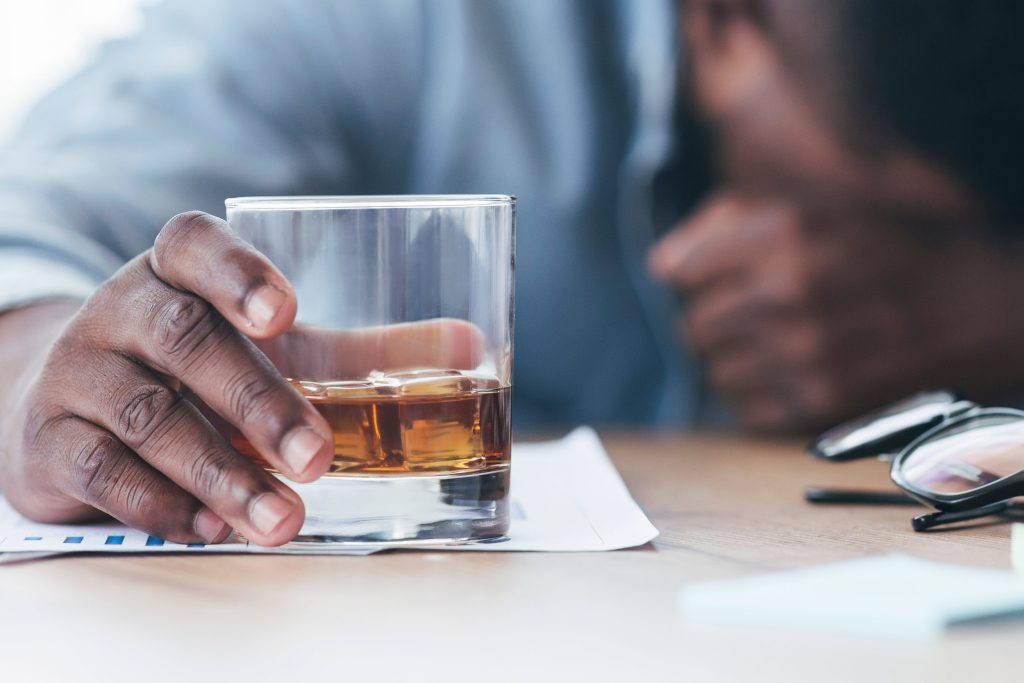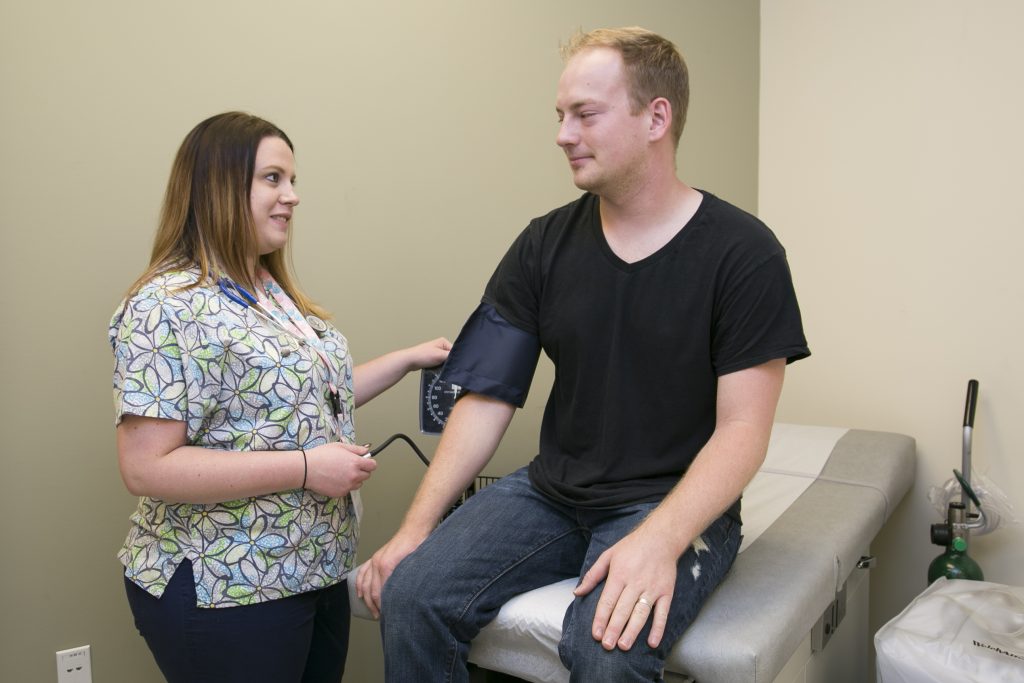Mixing Antidepressants and Alcohol
Mixing antidepressants and alcohol can be problematic for your mental health and may exacerbate your underlying condition.
Substance use disorders and mood disorders are both serious mental health conditions that can disrupt normal functioning and pose risks to your health. Antidepressant medications are a typical treatment strategy for managing depression or even some types of anxiety. While they can be lifesaving for many people, there are some risks associated with drinking while taking them. Learning the interaction between antidepressants and alcohol can help reduce the risks of combining these substances.
Can You Drink on Antidepressants?
You should avoid drinking while on antidepressants. Drinking alcohol can hinder the effectiveness of antidepressants and may be dangerous in some cases. In addition, alcohol can also worsen symptoms of depression and anxiety that the antidepressants are prescribed to treat.
That said, not all antidepressants are equal, and several antidepressant drug classes exist: SSRIs, SNRIs, TCAs, atypicals and MAOIs. Alcohol can have a different impact on each drug class.
Looking for addiction treatment in Columbus, Ohio or the surrounding areas? We have inpatient and outpatient facilities nearby and across the country ready to help.
SSRIs and Alcohol
Common brand names: Celexa, Lexapro, Paxil, Prozac, Zoloft
Alcohol can increase the risk of side effects like dizziness, drowsiness and impaired coordination.
SNRIs and Alcohol
Common brand names: Effexor, Fetzima, Cymbalta, Pristiq
Alcohol can increase the risk of side effects like dizziness, drowsiness and impaired coordination.
TCAs and Alcohol
Common brand names: Elavil, Tofranil, Pamelor
Alcohol can increase side effects like drowsiness, dizziness and impaired coordination, as well as increase the risk of more dangerous effects like seizures and heart rhythm problems.
Atypical Antidepressants and Alcohol
Common brand names: Remeron, Trazodone, Wellbutrin
Alcohol can increase the risk of side effects such as drowsiness, confusion, restlessness and coordination problems.
MAOIs and Alcohol
Common brand names: Marplan, Nardil, Parnate
Alcohol should be completely avoided when taking MAOIs and for two weeks after stopping them. Drinking while on an MAOI can cause a dangerous spike in blood pressure, which can lead to heart attack or stroke.
Does Drinking Make Antidepressants Less Effective?
Drinking can hinder the effects of antidepressants, which are commonly prescribed to treat both depression and anxiety. Alcohol is known to worsen both depression and anxiety symptoms. For this reason, if you are taking an antidepressant but drinking at the same time, you may be interfering with the drug’s effectiveness.
Biggest Concerns of Drinking While Taking Antidepressants
Drinking while taking antidepressants can lead to a variety of consequences. However, some concerns are more significant than others. It is important to be aware of the different types of risks involved with drinking on an antidepressant before you have alcohol.
Worsening Depression
Alcohol can worsen depression and anxiety symptoms, especially in women. Some people may turn to alcohol to cope with their mental health problems, putting them at risk for not only additional mood problems but also alcohol addiction. Experts are still studying the mechanisms by which alcohol can cause these negative mood changes.
Dangerous Effects
Other negative side effects of mixing alcohol and antidepressants can be dangerous and may increase the risk of accidents, injury or harm. These effects include:
- Drowsiness
- Increased sense of drunkenness
- Dizziness
- Coordination problems
- Impaired memory
Risk of Alcohol Abuse
Although mixing antidepressants and alcohol does not increase your risk for alcohol abuse on its own, people with mental health problems often use alcohol as a coping mechanism. Relying on alcohol for this purpose can increase your risk for alcohol abuse and addiction. When you begin to mentally rely on alcohol to cope with your problems, you can become psychologically dependent on it. Drinking on a regular basis for this purpose can then make you also physically dependent on alcohol, paving the way for a full-blown addiction.
If you are struggling with Alcohol addiction, we are here for you.
Guidelines for Alcohol Use While on Antidepressants
In general, the expert consensus is that alcohol should be avoided if you take antidepressants. However, there is some debate as to whether alcohol use may be safe in small amounts.
Because both alcohol and antidepressants can affect people differently, the safest option is to discuss alcohol and antidepressant use with your doctor. This can be an important alcoholism prevention strategy, ultimately reducing the risk of any dangerous side effects while taking medication.
Treatment for Depression and Alcoholism
Seeking help for alcoholism and depression is an important first step in recovery from addiction and improvement in mood symptoms. Treatment can help a patient understand reasons for drinking, address addictive behaviors and develop new coping strategies to support sobriety. Receiving dual diagnosis treatment can also ensure that depression symptoms are being managed, and it can help patients understand the relationship between depression and drinking behaviors.
Dual diagnosis treatment for alcoholism and depression may begin with medical detox so that alcohol is no longer in the system. Following medical detox, treatment may include therapy in an inpatient or outpatient setting. Many different treatment options available can be tailored to meet your needs and ensure that you feel safe and comfortable in your recovery.
If you or a loved one struggles with alcohol, The Recovery Village Columbus can help. Our alcohol addiction experts can help you every step of the way, treating both your alcohol addiction and any underlying mental health problems in our dual diagnosis program. Don’t wait: contact us today to learn more.
Top Reads About Alcohol Addiction

How Long Does Alcohol Stay In your System?
The time it takes for alcohol to have an effect depends on a variety of factors and will be… Read More

Alcohol Addiction Treatment in Ohio
If you can’t seem to stop drinking, you’re not alone. Let our experts help you heal… Read More

Am I an Alcoholic?
Knowing the signs of alcohol addiction can help you identify whether you or a loved one may be at… Read More

Does Alcohol Affect the Kidneys?
Alcohol causes dehydration, which decreases blood flow to the kidneys and makes it more difficult… Read More

Understanding Alcoholism and Finding Resources for Alcohol Addiction
This resource guide is an overview of the information currently available on alcohol use and abuse… Read More
View Sources
National Institute on Alcohol Abuse and Alcoholism. “Harmful Interactions.” 2014. Accessed June 25, 2023.
Weathermon, Ron & Crabb, David W. “Alcohol and Medication Interactions.” Alcohol Research and Health, 1999. Accessed June 25, 2023.
Laban, Tahrier Sub & Saadabadi, Abdolreza. “Monoamine Oxidase Inhibitors.” StatPearls, July 19, 2022. Accessed June 25, 2023.
McHugh, R. Kathryn & Weiss, Roger D. “Alcohol Use Disorder and Depressive Disorders.” Alcohol Research Current Reviews, October 21, 2019. June 25, 2023.
